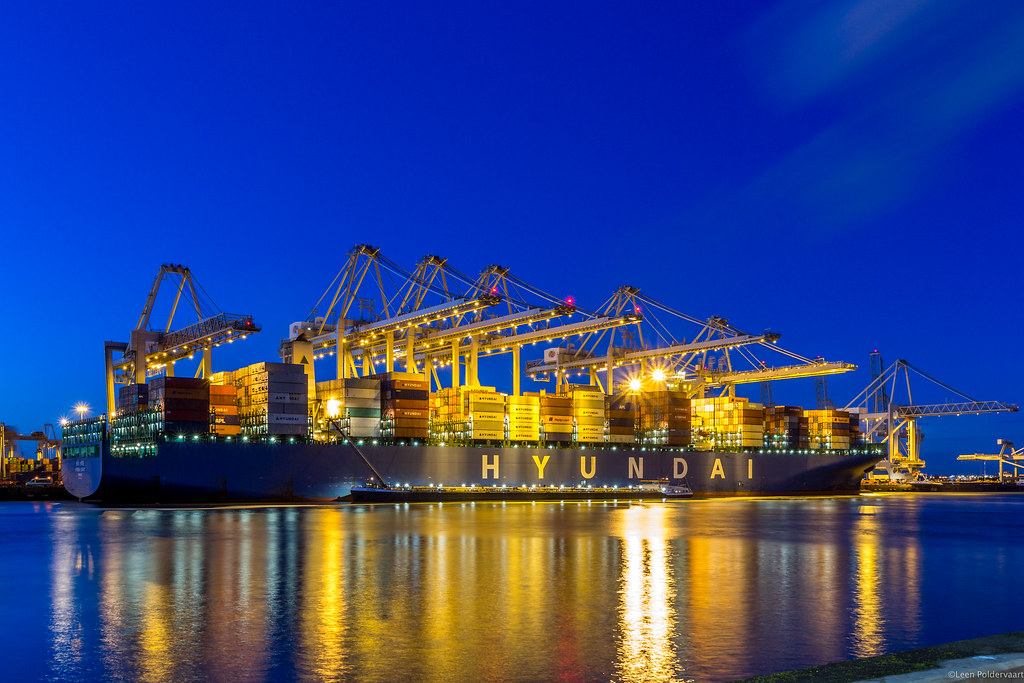The Internet of Things (IoT) is the growing trend that has left no industry untouched. The shipping industry is also not an exception to it. IoT encompasses the use of sensors to capture data, share and analyze it with relevant algorithms.
The uses range from a simple GPS to track the cargo location, to in-built sensors detecting the internal ambience of the container ship. The IoT is also being utilized for manufacturing equipment to share the data and predict maintenance needs. Further, a smart camera installed at a container warehouse door can send alerts to the security personnel at a different location.
How does IoT benefit the shipping sector?
IoT can answer all the what, where, and why of smart containers. The digitization of the entire supply chain can help in virtual visibility at prominent junctions of the shipment.
The Maritime industry also utilizes IoT devices to monitor the parcels in smart containers and track their journey up to the end-user. A parcel invoice audit recovery system can be deployed to fulfil the same. The anticipated delays can be conveyed to the customers well-in-advance. This helps trust-building and enhances the customer experience. The predictive analysis under IoT can lower operational costs substantially.
IoT offers multiple uses in the maritime industry such as:
- Reduction in capital and operation costs
- Data collection and forecasting
- Tracking the cargo
- Manufacturing autonomous ships
- Creating autonomous ships and ports
- Fleet management
- Decrease in fuel consumption
- Automation in warehouses
IoT solutions such as asset tracking, ship loading analytics, environmental monitoring, and predictive insights can help achieve higher productivity. Smart containers make it possible due to the elimination of human error.
IoT enables real-time tracking and monitoring of cargo to determine its location. The assets in motion can be tracked down seamlessly. It can also detect the internal environment (temperature, humidity, light, etc) of the smart container ship.
The Return-on-Investment of installing such sensors is quite high. It helps the company have a competitive edge if the data is properly analyzed. It is also useful in taking strategic decisions for the company by managing the operations effectively.
The IoT is all set to bring a ship-to-shore connectivity revolution by harnessing the core of modern shipping. It opens up a sea of opportunities that can be utilized to upscale business productivity through the deployment of smart containers.
The major benefit of maritime IoT application lies in its ability to optimize and streamline every aspect of operations at the sea, across the fleet. From vessel tracking and effective maintenance to crew safety, IoT has taken the charge to revolutionize the shipping industry.
Challenges in the deployment of IoT:
While IoT is on its journey to transform the Maritime sector, it comes with a set of caveats. It creates another channel for data crimes. Security is one of the vital factors to be taken care of, for a successful IoT deployment. Privacy compliance should be architectured in a proper manner to ensure sound governance in the smart containers industry.
The IoT technology utilizes cloud storage for computing analysis. The central deposition of data makes it vulnerable to data loss and cyber-attacks. This could create a huge loss at all levels of the supply chain.
IoT: Future of the shipping industry
If enough measures are taken up to counter the challenges, IoT can be a game-changer for the Maritime sector. It is being developed and deployed throughout the shipping vertical. The novel IoT tools can dramatically transform the shipping sector into a highly efficient one.
IoT-connected shipping devices generate piles of robust data, which can be utilized to gauge the shipping status and know the condition of the cargo. Ultimately, the analytical algorithms can be worked upon to understand consumer behaviour and predict their future demands.
